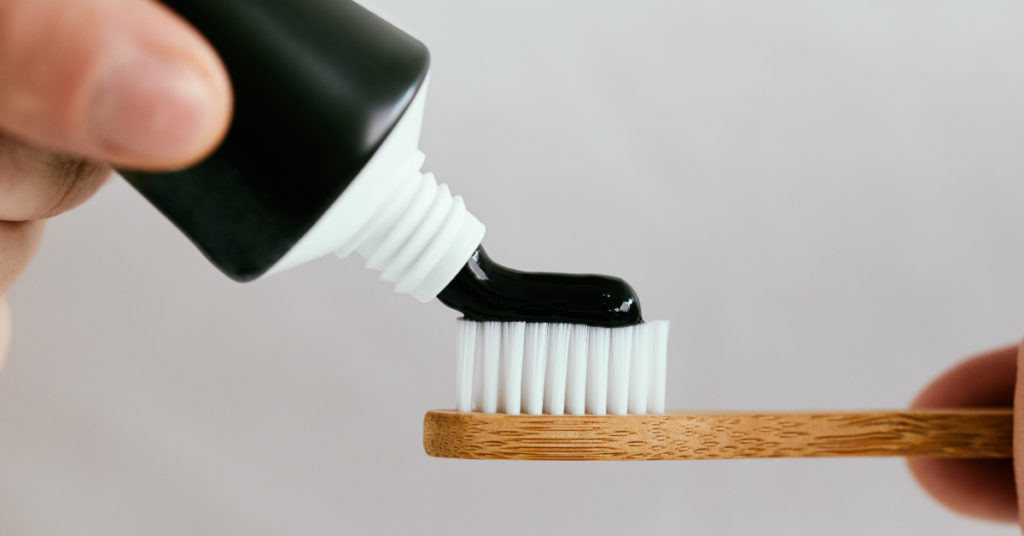
One popular addition to commercially-available products today is activated charcoal. We see the ingredient in makeup, facial wash, face masks, and now, even toothpaste. Charcoal is sold as a means to whiten teeth naturally, but if you are one of many who are skeptical about its effectiveness, you are right.
This popular ingredient, which is generally made from either coconut shells, bone char, coal, peat, olive pits, petroleum coke, or sawdust, is known for its ability to absorb impurities and dirt. Charcoal acts like a magnet that attracts toxins, and this is why it’s used for treating food poisoning and in water filtration systems. So, does this mean that it can draw out toxins and impurities from the teeth?
Let us check the recommendation of the American Dental Association.
The Journal of the American Dental Association says that there is no evidence that charcoal toothpaste is harmless or effective. In fact, it may actually damage your teeth and gums.
The risks of using charcoal toothpaste
- Over-absorption – due to its nature, charcoal will not only absorb impurities in the body, but may also absorb things that are beneficial for the body, like needed medications.
- Abrasiveness – charcoal is abrasive, and using items that are very abrasive on the teeth may actually make them appear more yellow. It can erode the outer layer of the teeth, which is called the enamel. A commercially-available whitening toothpaste targets the enamel. However, when you use an abrasive material like charcoal, you can wear the enamel away and expose the teeth’s yellow tissue called the dentin.
- No fluoride – Fluoride is an ingredient that fights tooth decay. It has the ability to cut tooth decay by up to 40%. Charcoal doesn’t contain fluoride.
- Constipation – Long-term use of charcoal might lead to constipation and intestinal blockages, in addition to a discolored tongue and black stools.
- Unknown safety and effectiveness – Both the short-term and long-term effects of charcoal are unknown, and its whitening effect is very speculative. To date, there have been no scientific studies that acknowledge charcoal’s natural whitening claims.
Recommendation from the American Dental Association
For a whiter, brighter smile, the ADA recommends avoiding foods that can cause teeth to stain, like coffee, wine, tobacco, and tea. It also suggests flossing and brushing your teeth regularly for two full minutes with the use of a toothpaste that has the ADA Seal of Acceptance.
A beautiful, healthy smile starts with good dental habits, with you working with your Dallas dentist to achieve your goals. If you want to achieve a whiter, brighter smile, we are here to help with safe, controlled, professional means. Schedule an appointment with Dr. Sarah Kong online or by phone: 214-396-7876.
